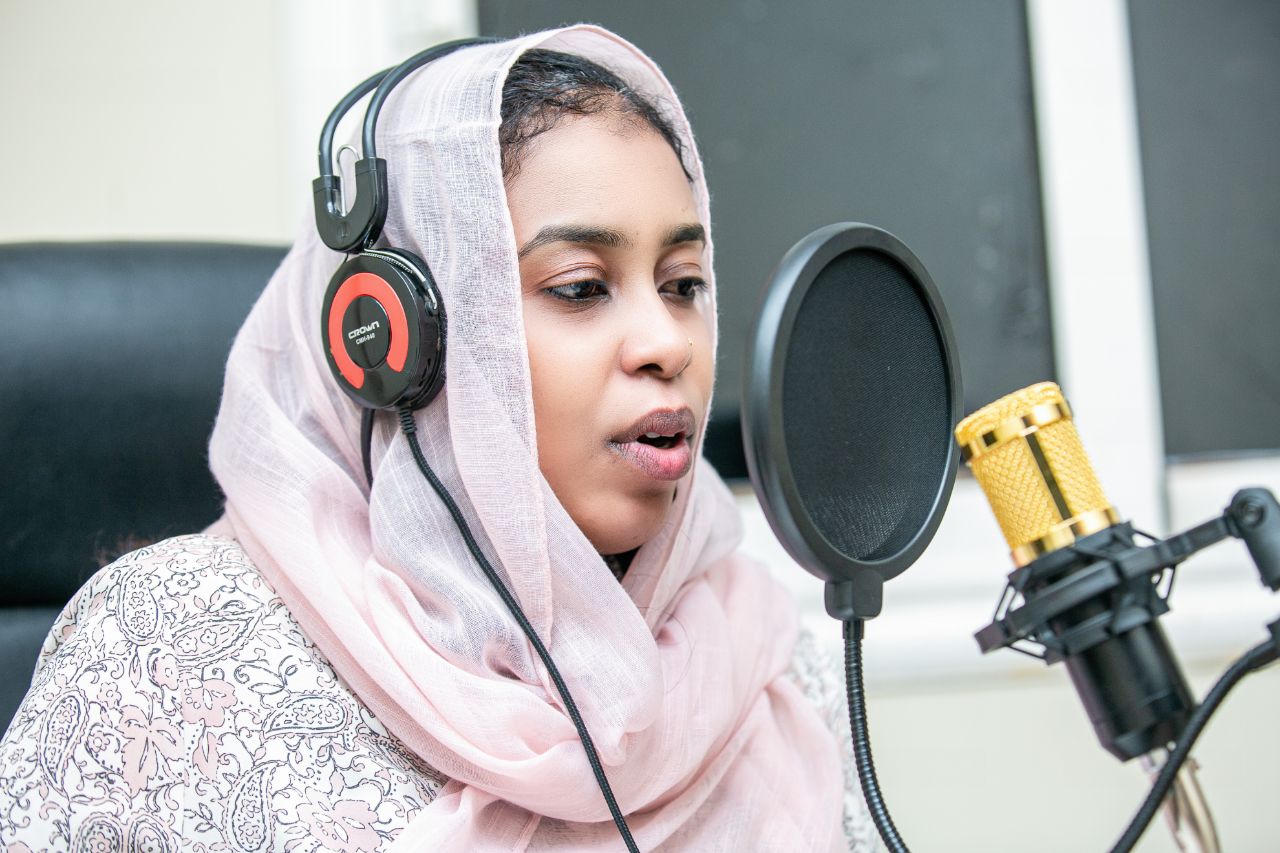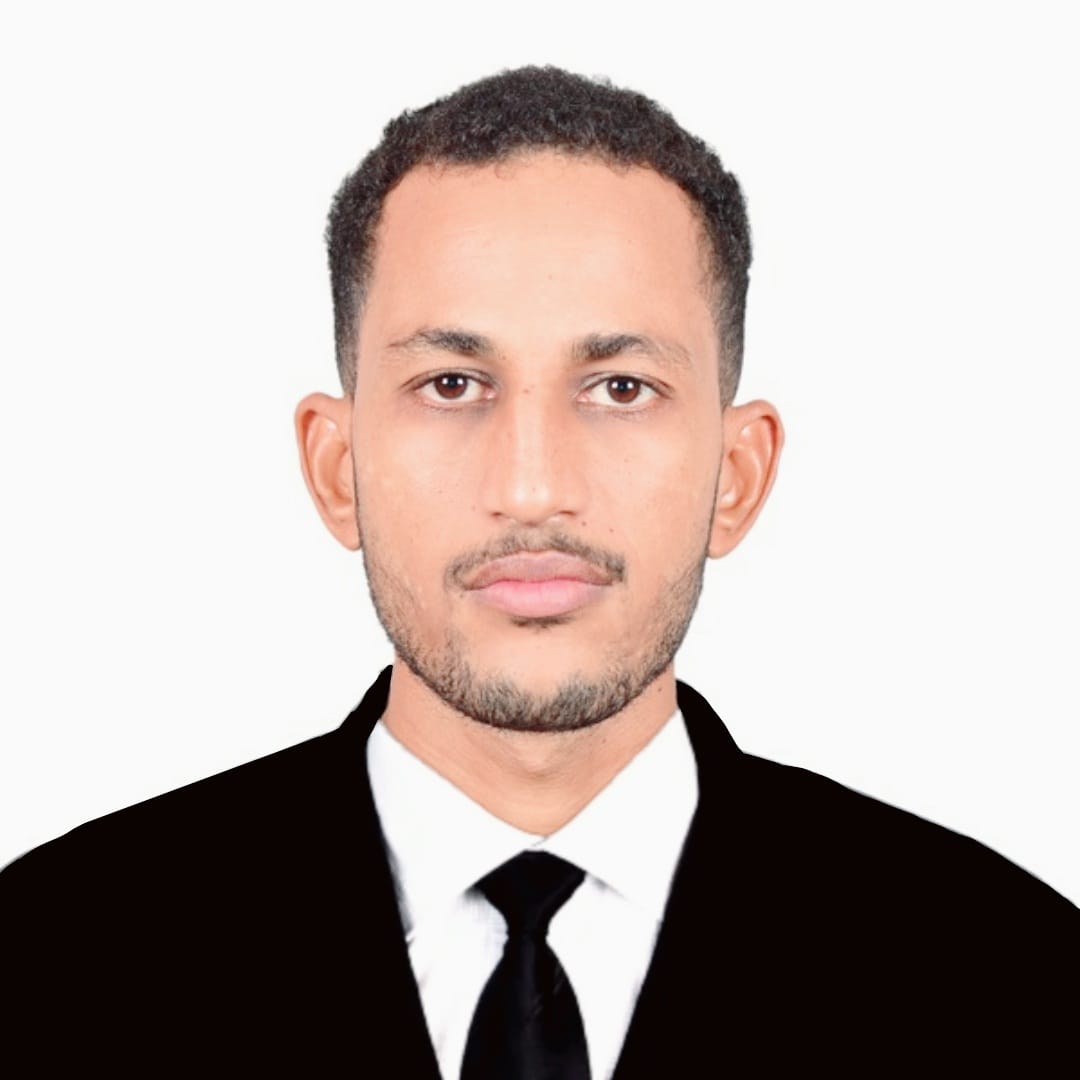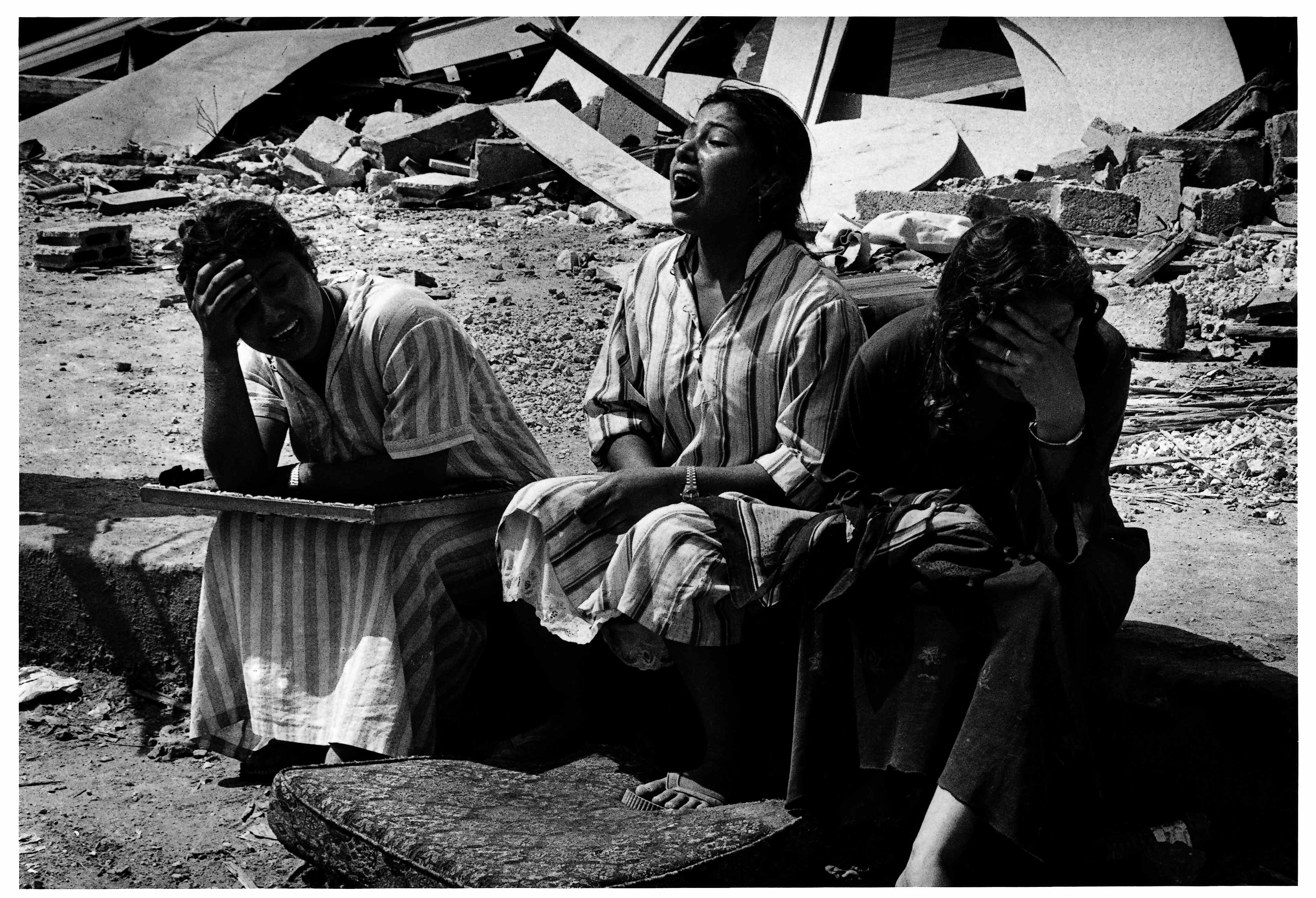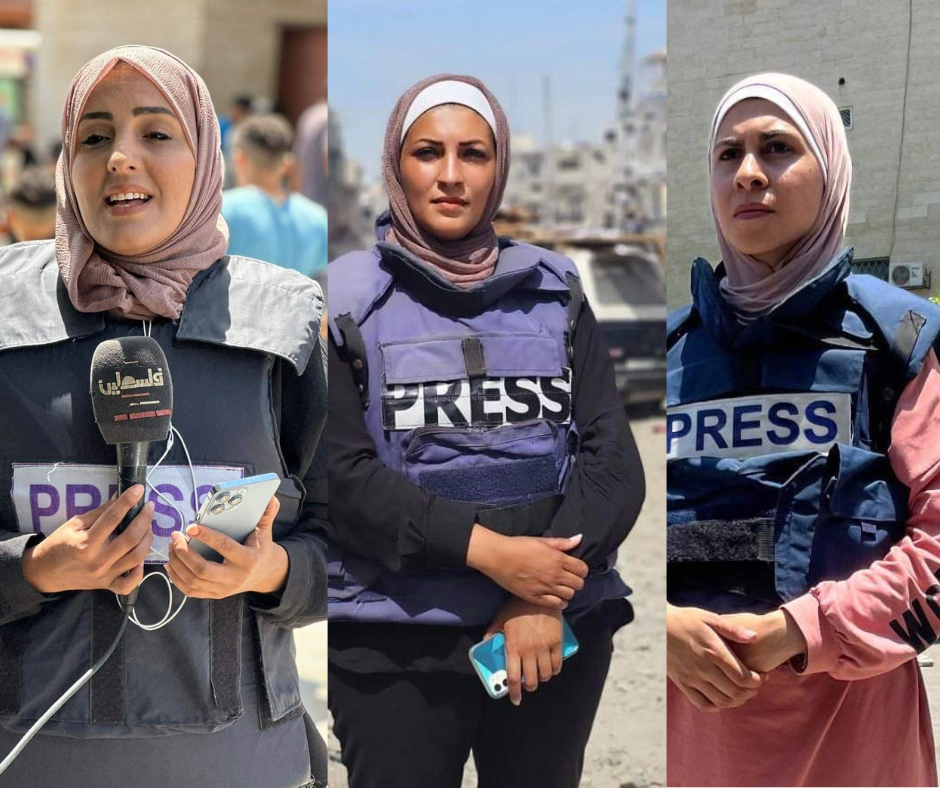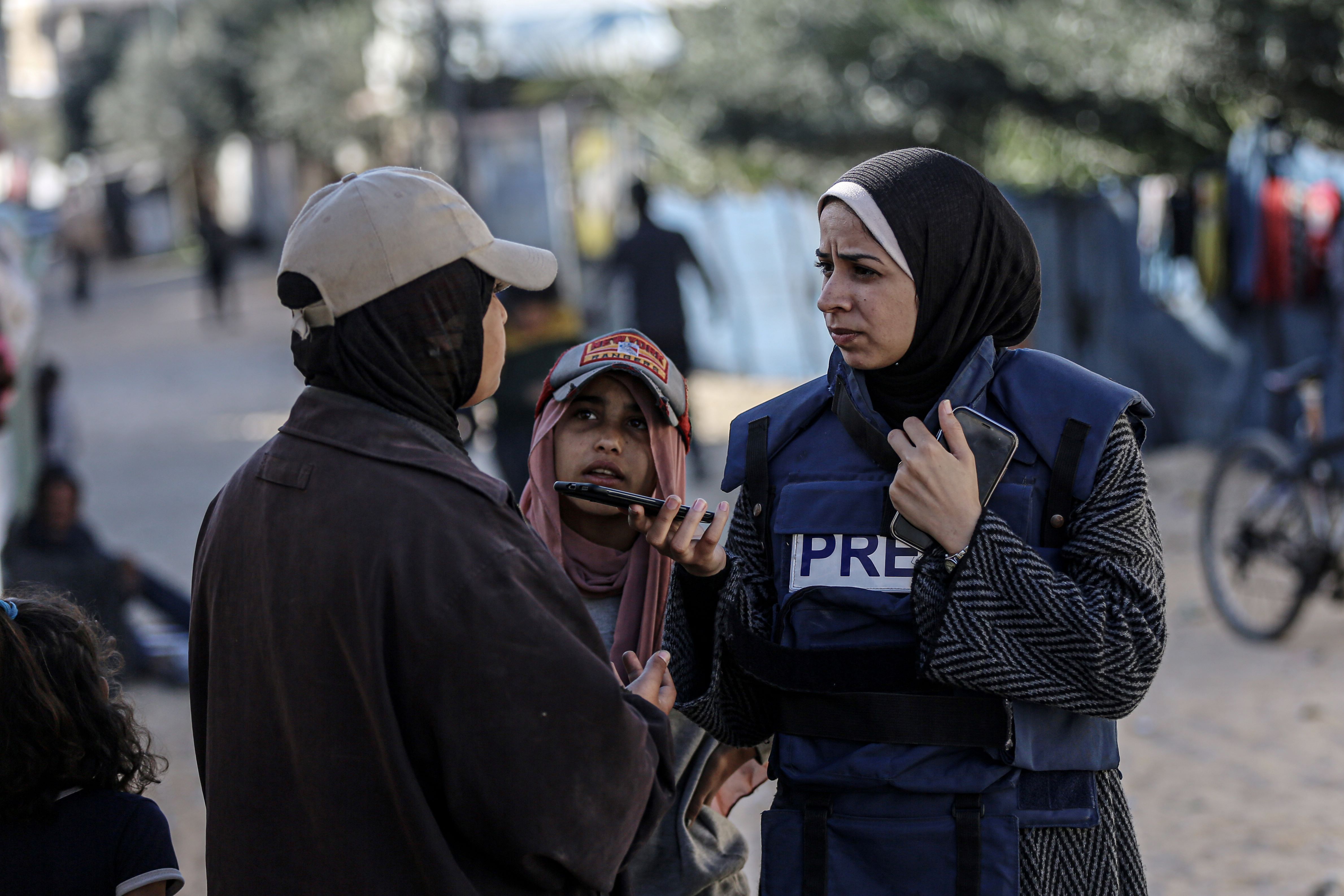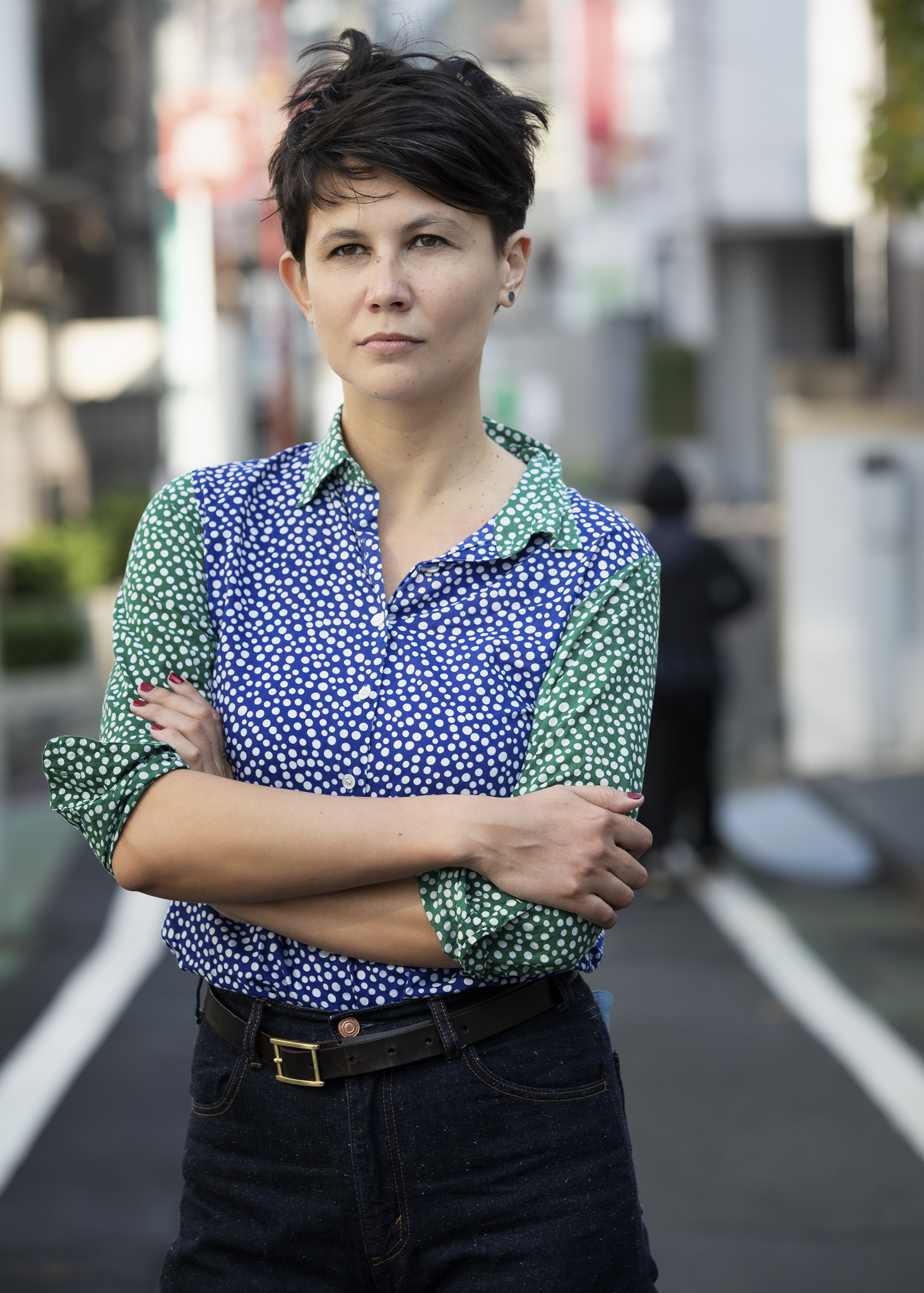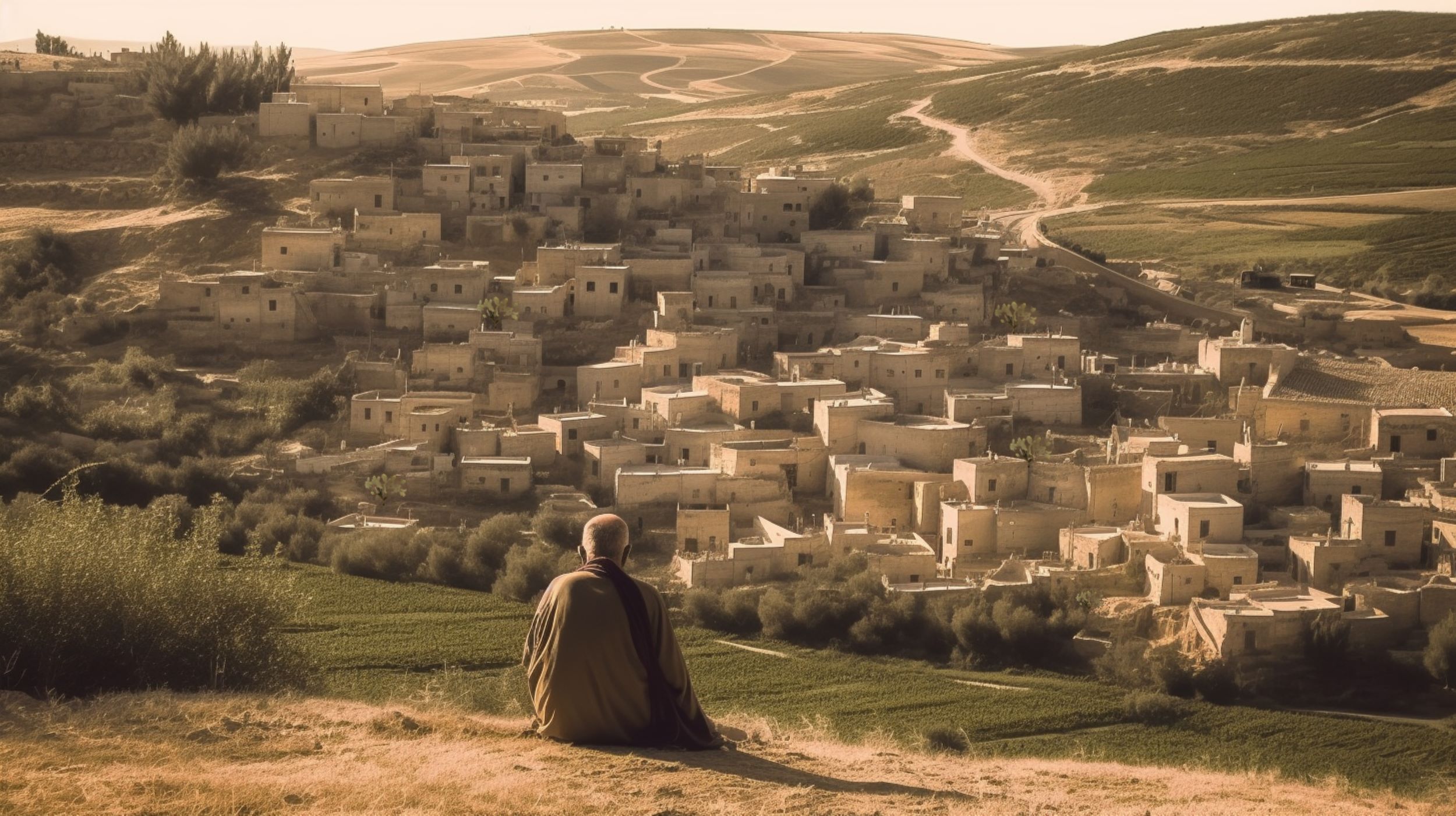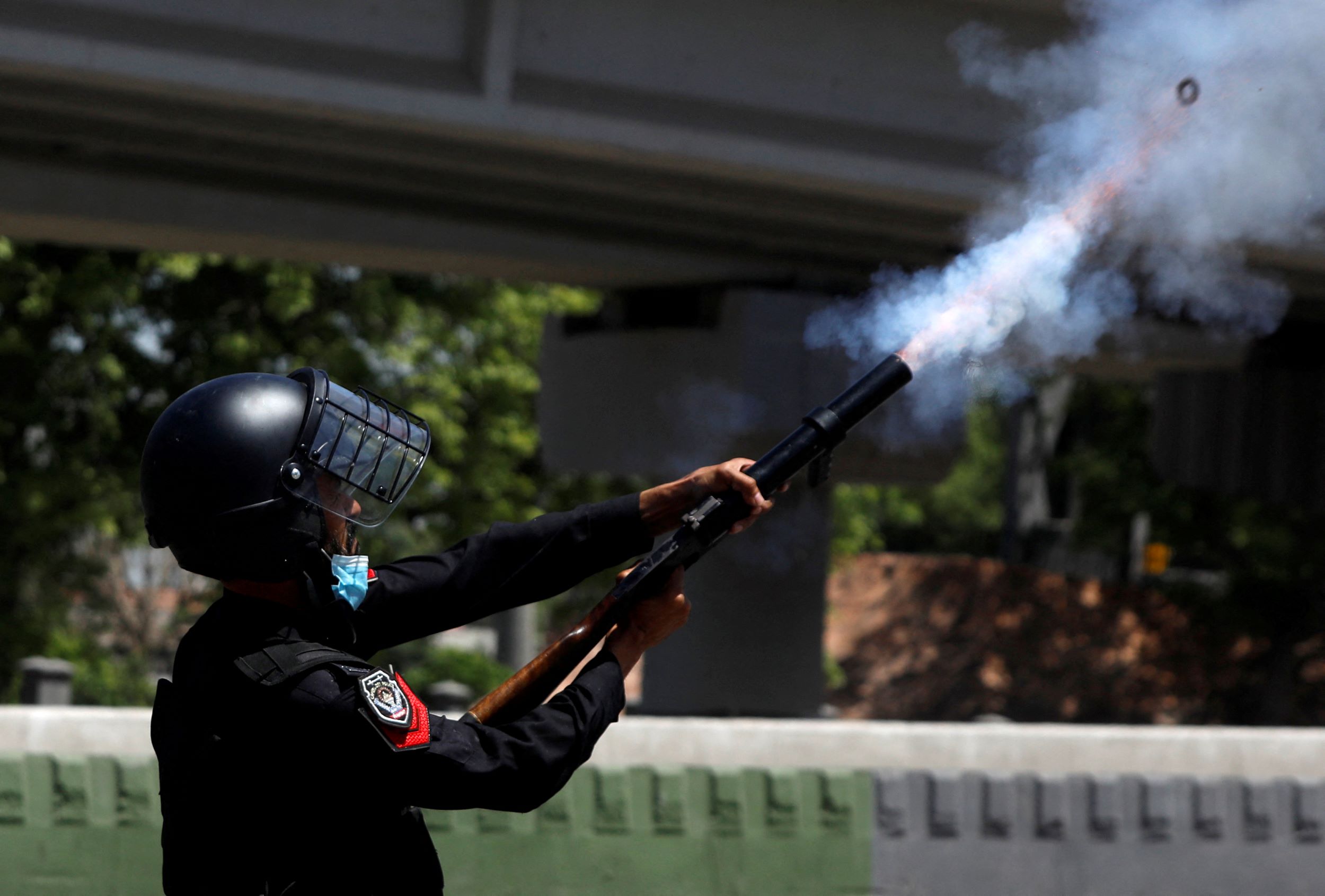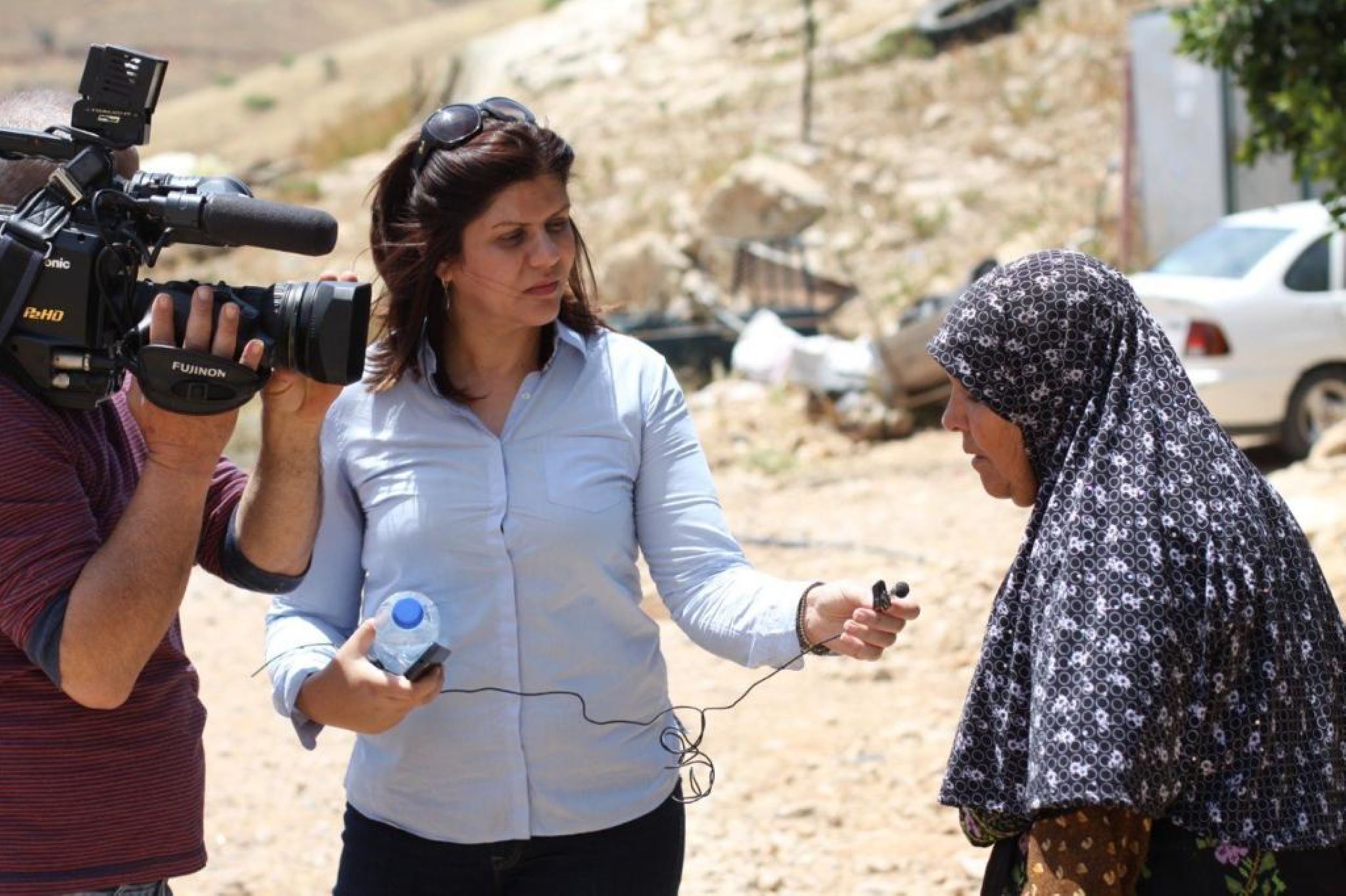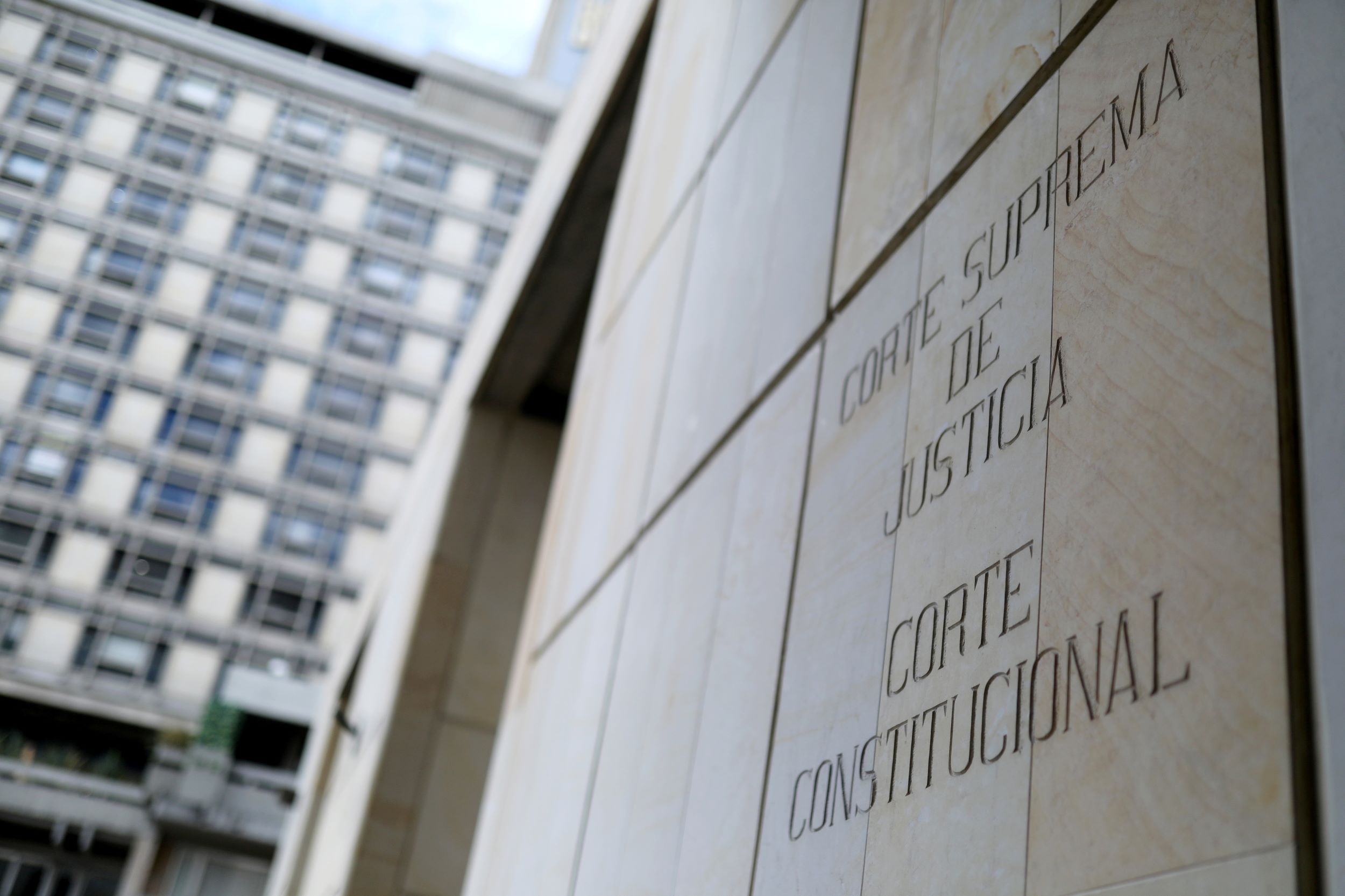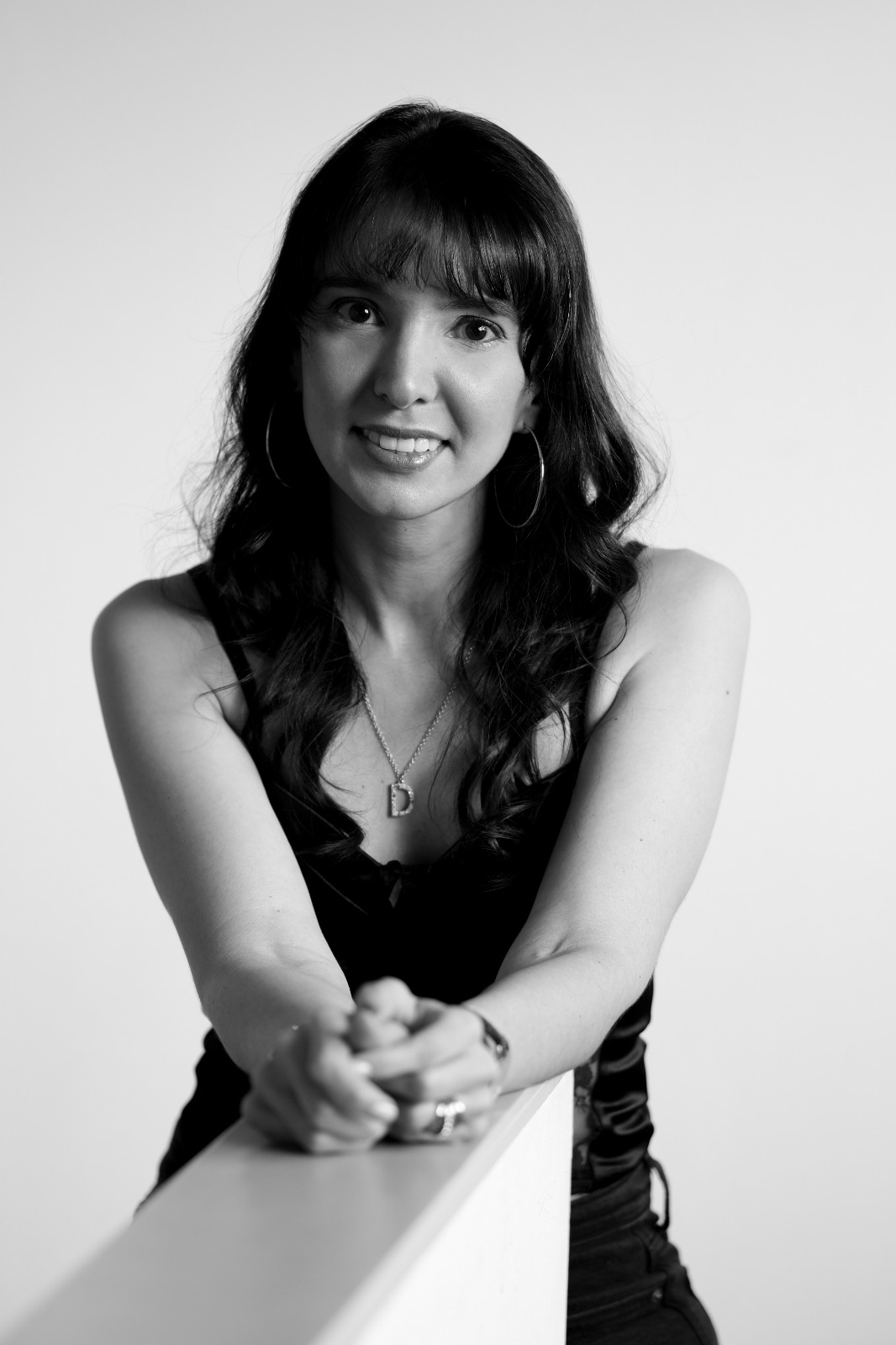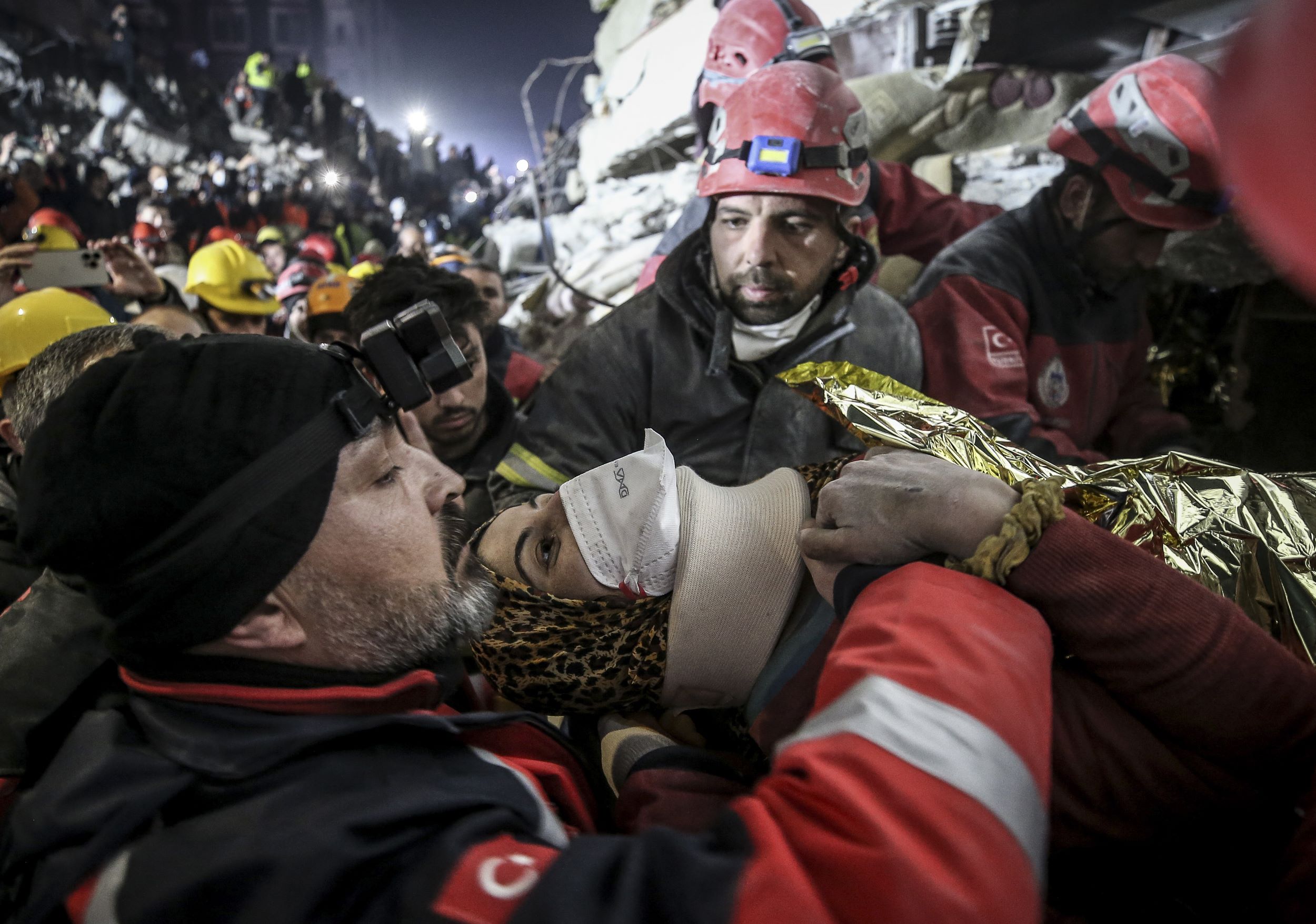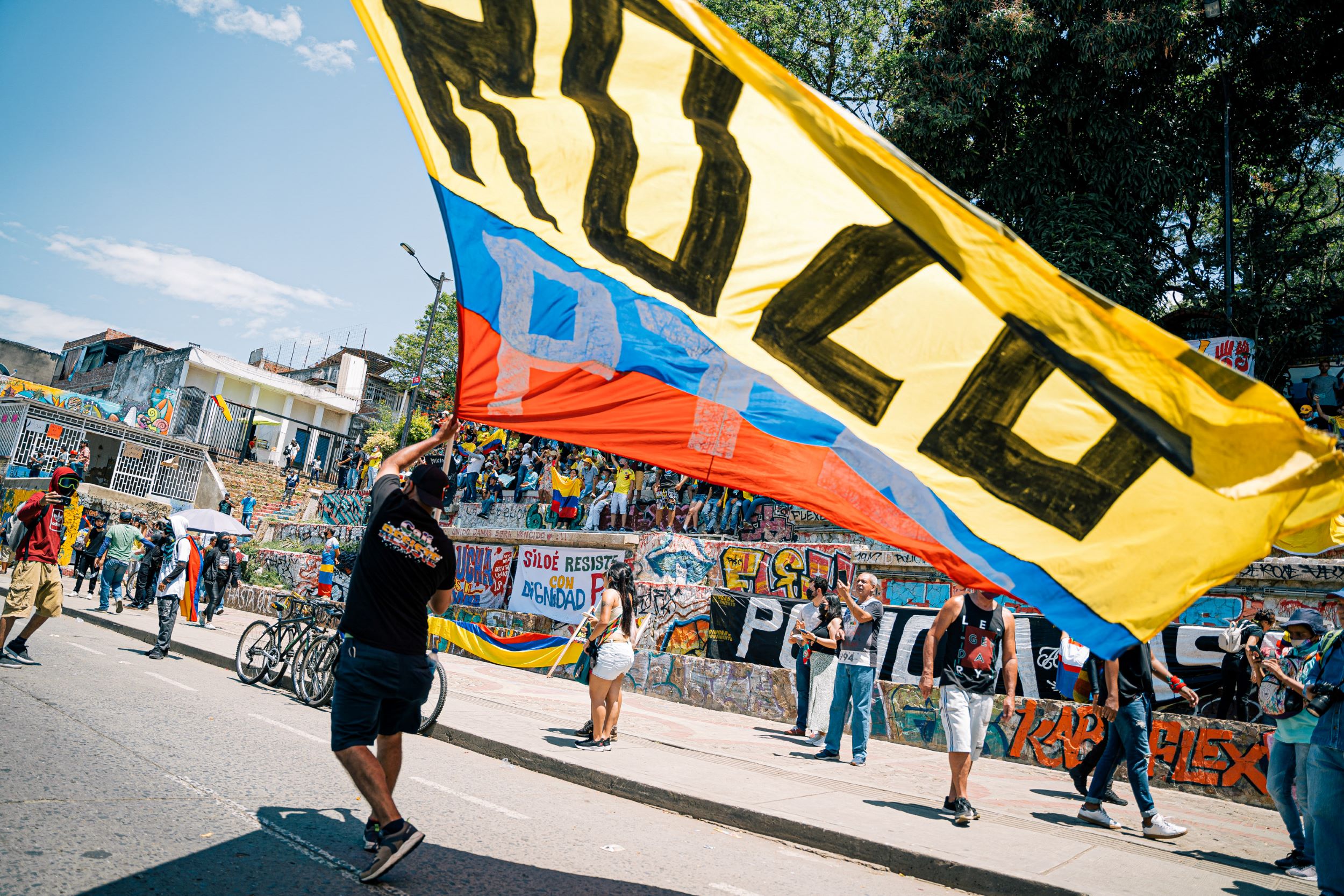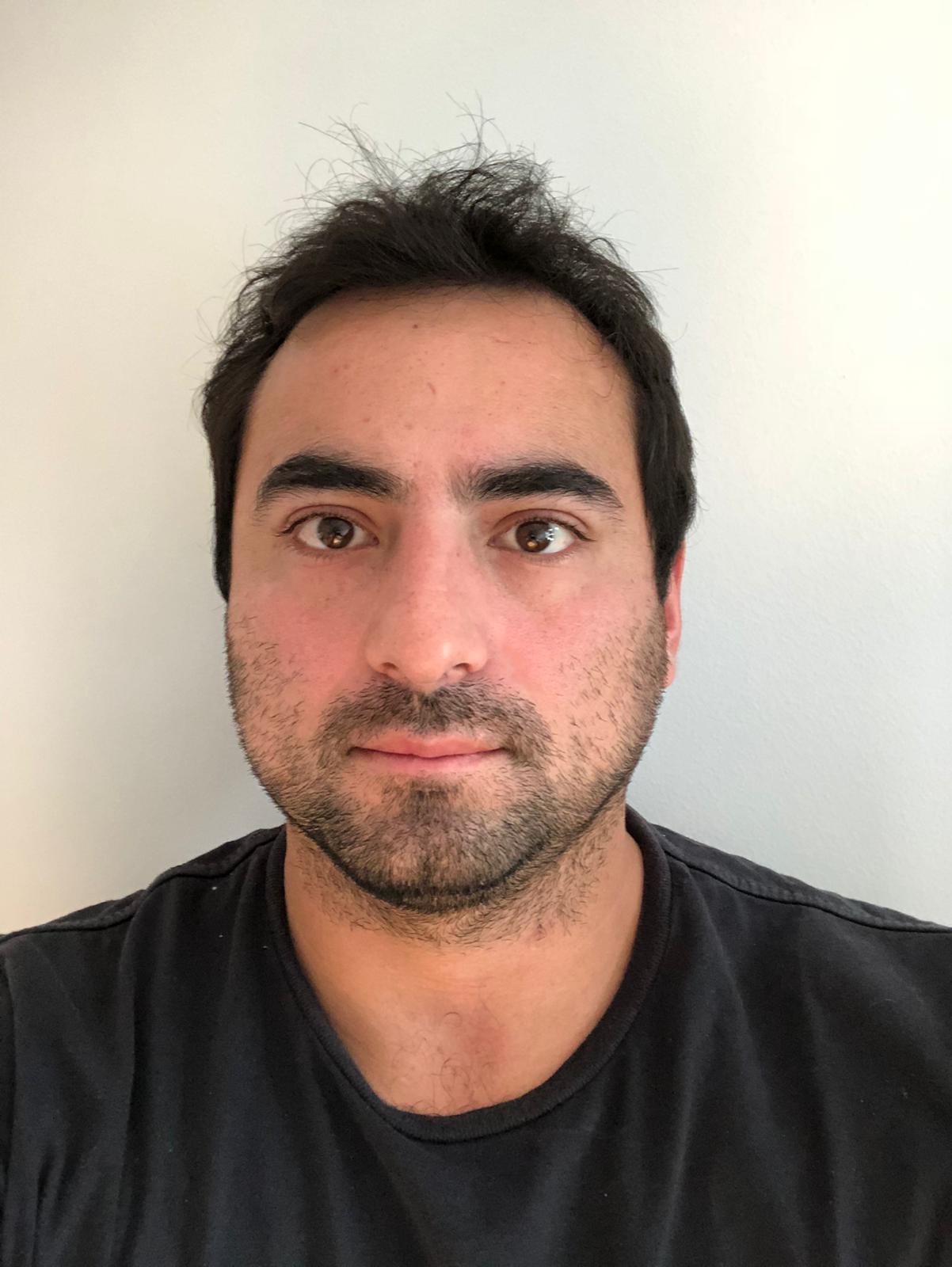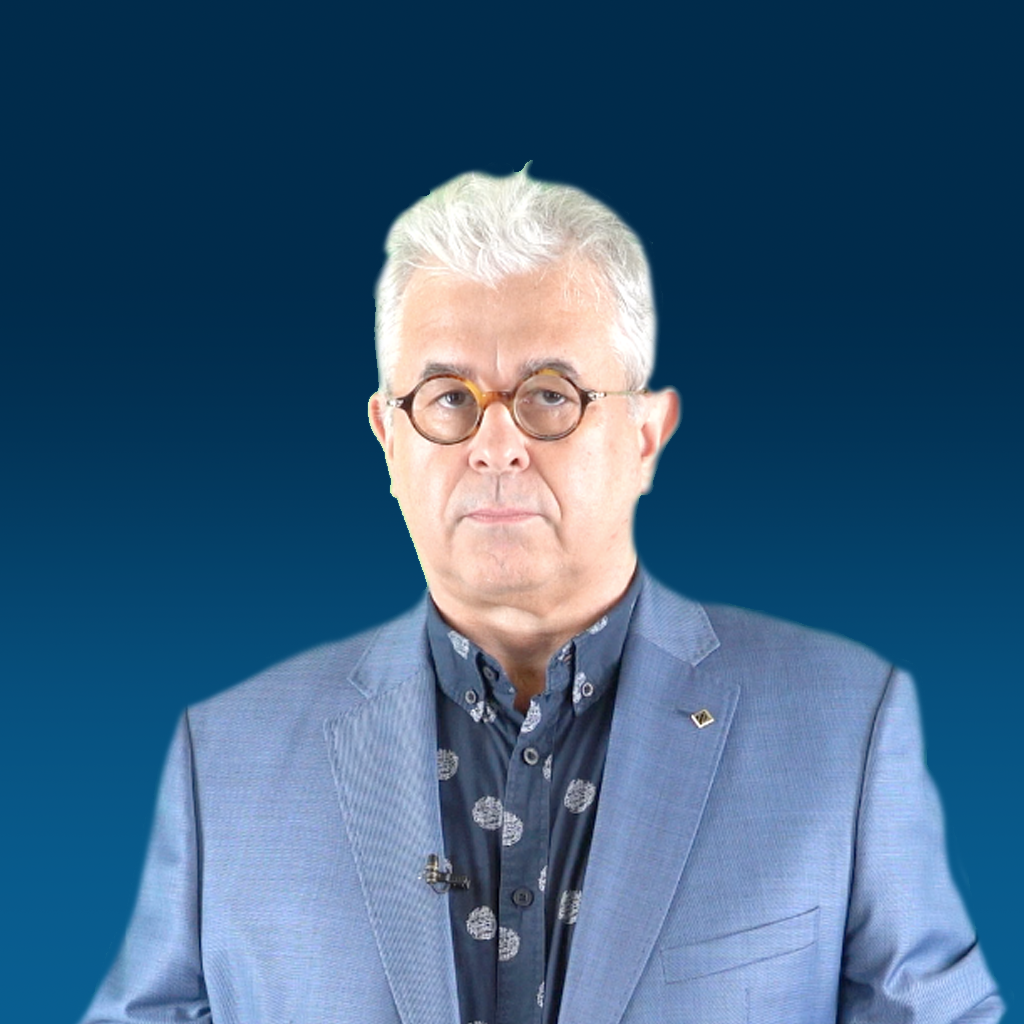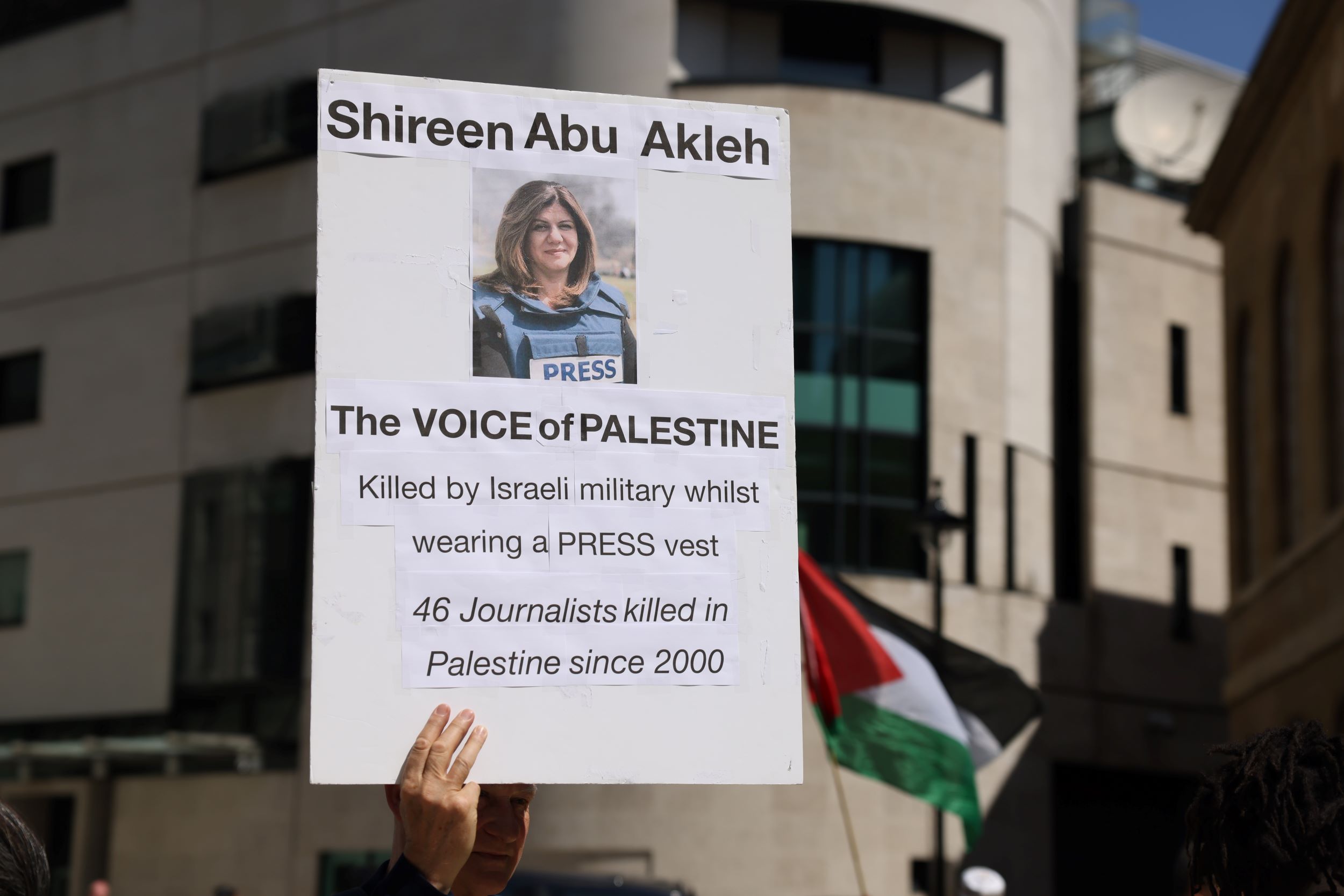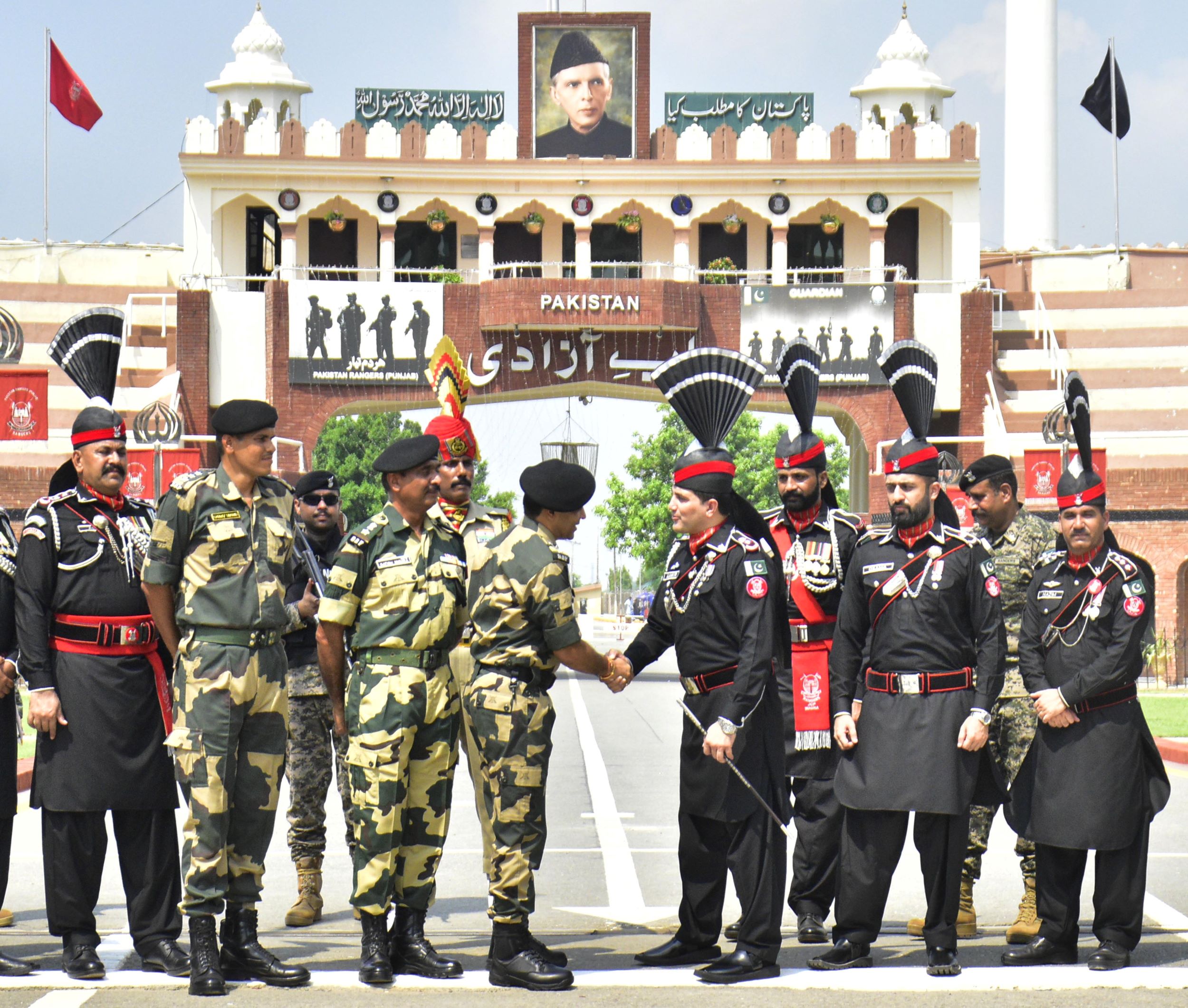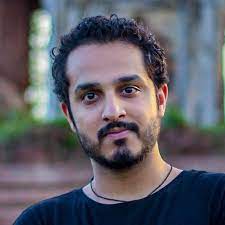لطالما اقتصرت مهنة التصوير بمختلف مجالاتها الفرعية على الرجال، وبالرغم من تعرف العالم العربي على كريمة عبود أول مصورة فوتوغرافية فلسطينية في العشرينيات من القرن الماضي، إلا أن وجود المرأة في مجال التصوير ظل غير مرغوب فيه عربيا.
في اليمن تعتبر ذكرى علي حميد، أول مصورة تلفزيونية احترفت التصوير قبل حوالي أربعة وعشرين عاما، مفسحة المجال للمصورات اليمنيات، ومقتحمة بشجاعة قل نظيرها مجالا يهيمن عليه الرجال. وبعد مرور ربع قرن، ما زالت المصورات الشابات يعانين الكثير بحثا عن التقاط مشهد أو صورة تعادل ألف كلمة!
جهاد محمد، تشكل نموذجا للمصورات اليمنيات الشابات. بدأت بشغف تتلمس خطواتها الأولى في مجال التصوير في عام 2011، حتى اتخذته مهنة لها في عام 2018 بعد أن آمنت أنه المجال الأمثل لنقل صوت المرأة اليمنية التي كممت الحرب صوتها!
وبالرغم من كل الصعاب التي قد تواجه أي مصورة مقيمة في بلد يشهد حربا طاحنة، فإنها استطاعت نيل العديد من الجوائز الخاصة بالتصوير وهي لم تتجاوز 27 ربيعا.
في أواخر عام 2019 حصلت على المرتبة الثانية لجائزة الدوحة للإبداع الشبابي المقدمة من وزارة الثقافة والرياضة في قطر والموجهة إلى جميع الشباب من دول العالم الإسلامي في محور التصوير الضوئي.
وقبلها كانت قد فازت بالمرتبة الأولى في مسابقة التصوير الجماهيرية "برواز" أي إطار باللهجة اليمنية، وهي مسابقة للمصورين الشباب أقامتها إحدى المنصات اليمنية بهدف تشجيع المصورين الشباب. كانت صورتها الفائزة توضح آلية الدفاع المفترض استخدامها من قبل النساء عند التعرض لأي نوع من التحرش.
كما حصدت صورتها التي تركز على التعليم، المركز الأول عن فئة النساء في مسابقة الأمم المتحدة للتصوير الفوتوغرافي، تحت شعار "أهداف التنمية المستدامة: 17 طريقة ليمن أفضل"، في عام 2018.
من وسط الركام
بالإضافة إلى التقاط الصور المنفردة، تنتج جهاد سلاسل مصورة تنتمي إلى موضوعات محددة؛ مثل تسرب الأطفال من المدرسة أو معاناة الأطفال الذين تعرضوا لبتر أطرافهم سواء بسبب القصف أو الألغام.
تحضر أيضا معاناة المرأة في صور جهاد، فها هي في سلسلتها المصورة "هنا رغم الحرب" تقدم بعين رمادية تحولات المرأة اليمنية خاصة بعد تغيير الأدوار التقليدية داخل الأسرة اليمنية، حيث فقد الرجال وظائفهم، وتولت النساء دور المعيل المسئول عن ثبات أساس المنزل.
تقول جهاد: "قد تختلف تجارب النساء اليمنيات في ظل الظروف التي تمر بها البلاد، بدءًا من الحرب إلى التقاليد المجتمعية، لكن ما يجمعهن هو صلابتهن وعملهن الدؤوب لتوفير لقمة العيش والحرص على استمرار الحياة وسط الركام".
بدأت جهاد توجه عدستها نحو القضايا المجتمعية بعد أن نشرت قصة على إحدى منصات التواصل الاجتماعي في بداية عام 2019 تحكي فيها تجربة شخصية لها عن تعرضها للتحرش، لتتفاجأ بكمية كبيرة من الشهادات والقصص التي وصلتها من نساء يمنيات يشاركنها تفاصيل مؤلمة عن تعرضهن لذات التجربة.
ترى جهاد أن تشجيع ضحية التحرش للحديث عن قصتها، قضية عادلة وضرورية، وليس من الرفاهيات كما يحاول المجتمع إيهام المرأة بحجة أولوية الاهتمام بتبعات الحرب القائمة.
كان لحملة جهاد صدى كبير ليس فقط يمنيا وإنما عربيا أيضا، وهو ما حفزها للخروج بسلسلة مصورة أخرى تناهض العنف ضد النساء، لا سيما بعد نشر تقرير لـ"صندوق الأمم المتحدة للسكان"، يشير فيه إلى زيادة نسبة العنف ضد المرأة اليمنية بنسبة 63٪ عن الأعوام السابقة.
في الثقافة اليمنية يعتبر ضرب المرأة أو إهانتها تصرفا غير مقبول، لكن لكل قاعدة استثناء، وهنا تجد المعنفات أنفسهن حبيسات جدران كاتمة للصوت ومجتمعات تسد آذانها عن شكاواهن بمبرر ألا وجود لها، وتحت غطاء قوامة الرجال والصبر من أجل سمعة العائلة والأطفال.
من هنا كانت صدمة جهاد بكمية الشهادات والقصص المؤثرة التي وصلتها من حسابات مجهولة، أثناء حملتها، فحاولت بكل جهدها نشر أكبر عدد منها بهدف توجيه رسالة للنساء الضحايا مؤداها كما تقول: "مهما حاولتِ إثبات أنك بخير، فأنتِ لستِ بخير، ومن واجبنا نحن النساء تحديدا الوقوف معك... نحن معك".
تحديات جديدة
لم تكتف جهاد بحملات التحرش والعنف، وإنما انتقلت في عام 2020 لرصد العنف الاجتماعي أثناء فترة الحجر المنزلي. تحكي جهاد عن هذه التجربة: "بالرغم من عدم التزام المجتمع اليمني بالإغلاق الكامل فترة تفشي فيروس كوفيد- 19، إلا أن ارتفاع نسبة العنف المنزلي سواء كان عنفا لفظيا أو جسديا أو جنسيا كان ملحوظا في المجتمع اليمني، خاصة مع تزايد الحالات التي سمعنا بها جميعنا عبر منصات التواصل الاجتماعي"، وتضيف: "ففي الوقت الذي تعرض العالم كله لضغط الإغلاق وفقدان فرص العمل، تعرضت المرأة لضغط إضافي كان يجب تسليط الضوء عليه ومحاولة الحد منه ولو من خلال الصورة".
وكانت مفوضية شؤون اللاجئين في موجزها عن حماية اليمن الصادر بتاريخ أكتوبر 2020 قد ذكرت أن جائحة كوفيد 19 أدت إلى الإبلاغ بشكل متزايد عن حوادث العنف المنزلي ضد النساء بسبب فقدان الزوج لعمله واضطراره للبقاء في المنزل. ويذكر التقرير أن 90% من الحالات المبلغ عنها كانت بين المتزوجين حديثاً، مع وجود حالة واحدة أدت إلى موت الضحية.
مهنة الموت
إذا كانت مهنة الصحافة توصف بمهنة المتاعب، فمهنة التصوير في اليمن صارت مهنة الموت، حيث كل من يمسك كاميرا أصبح أداة سهلة للقنص الفوري في مناطق النزاع، وصار عرضة للاعتقال والاستجواب إذا كان يمسك كاميرته حتى في المناطق الأثرية.
اليوم لا يسمح للمصور باستخدام أقوى أسلحته، وصار أمنه يحتم عليه اللجوء للهاتف النقال، لذا تلجأ جهاد لأسلوب آخر في نشر قضايا مجتمعها، فتعتمد على جلسات تصوير تعبيرية تقدمها هي والعارضات خشية "الموت" والرقابة.
تقول جهاد: "في البداية كان اختيار العارضة أمرا سهلا سواء كانت محجبة أم لا. كان المعيار الأهم بالنسبة لي هو تناسب شكل وشخصية العارضة مع موضوع الحملة التي نستهدفها، وحاليًا اختيار العارضات أصبح أصعب، لأنه لزام علينا أن يكن محجبات مع الالتزام بقواعد محددة متعلقة بالمظهر، حتى نتجنب الانتقاد والمنع من النشر".
للمصور الفرنسي الراحل برونو باربي، مقولة مؤداها أن التصوير الفوتوغرافي هو اللغة الوحيدة التي يمكن فهمها في جميع أنحاء العالم. وهو ما يجعل جهاد وزملاءها في نفس المجال يواصلون الإيمان بالصورة بالرغم من كل العوائق. تقول جهاد: "مهما كانت الصعوبات فالصورة كانت وستظل لغتي وسلاحي الوحيد لرفع الوعي تجاه القضايا التي تمسنا".







